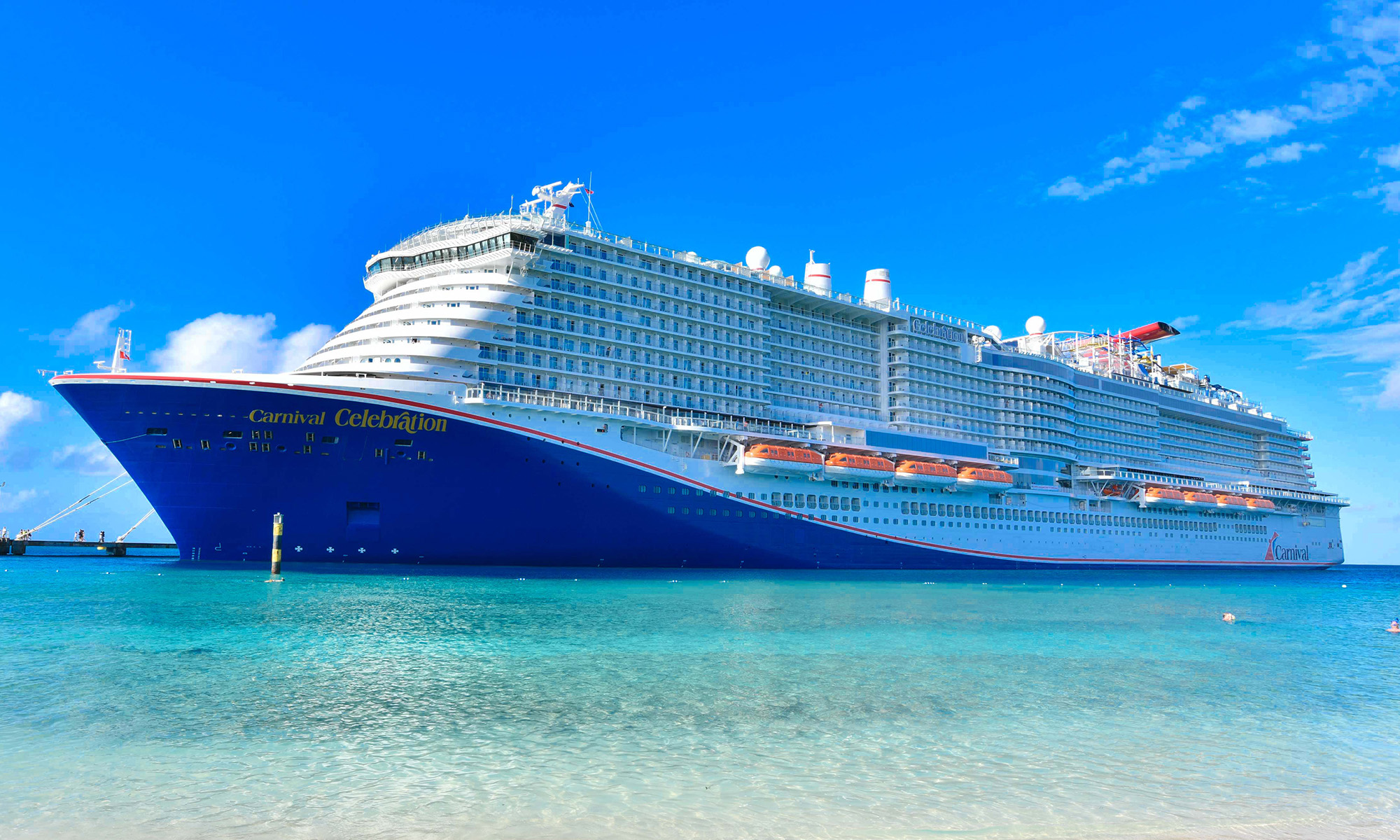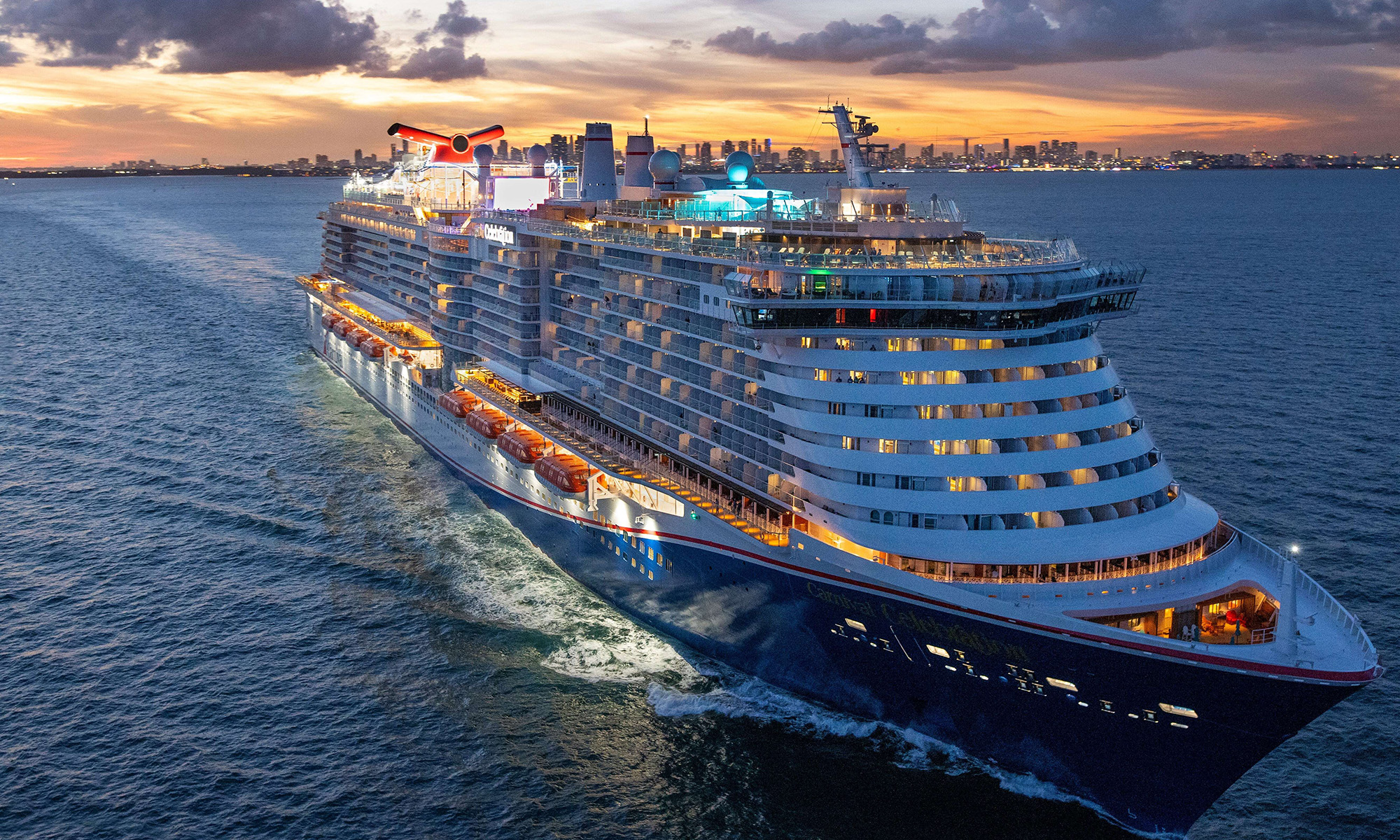Stocks began the month of May with losses, as investors weren't happy with new threats on the geopolitical front. The White House signaled its intent to hold China to task for the coronavirus pandemic, looking at potential new tariffs. Market participants weren't pleased to see hard-won agreements from the phase-one trade deal in January apparently go up in smoke, and the Dow Jones Industrial Average, S&P 500, and Nasdaq Composite all lost around 3% on the day.
Today's stock market
|
Index |
Percentage Change |
Point Change |
|---|---|---|
|
Dow Jones Industrial Average (^DJI +0.48%) |
(2.55%) |
(622) |
|
S&P 500 (^GSPC +0.65%) |
(2.81%) |
(82) |
|
Nasdaq Composite (^IXIC +0.81%) |
(3.20%) |
(285) |
Data source: Yahoo! Finance.
Once again, cruise ship stocks came into the limelight, this time as a result of an examination of their practices by a Congressional committee. Carnival (CCL +1.39%) (CUK +1.40%) received a letter from lawmakers requesting information about its practices with respect to the coronavirus, apparently becoming the prime target for a potential investigation. That sent its shares down 12% on Friday. Congressional representatives also mentioned incidents involving Royal Caribbean Cruises (RCL +2.36%), whose stock posted a 13% drop. Shareholders of Norwegian Cruise Line Holdings (NCLH +0.66%) were no more confident than their peers in assessing the threat to the entire cruise line industry, with the share price suffering a 16% decline.
What the House's letter to Carnival said
The May 1 letter from House Transportation and Infrastructure Committee chair Peter DeFazio of Oregon (D) and Coast Guard and Maritime Transportation Subcommittee chair Sean Patrick Maloney of New York (D) to Carnival CEO Arnold Donald was formally a request for information, but it included substantial criticism as background. The representatives highlighted the coronavirus outbreak on Carnival's Diamond Princess, citing the cruise ship's 800 cases of COVID-19 and 10 deaths as well as totals across nine Carnival-operated vessels of 1,500 confirmed cases and 39 deaths.
Congress didn't mince words in its description of the industry. "Cruise ships are a fertile breeding ground for infectious diseases," the letter said, "due to their environmental conditions and physical structure." For years, cruise ships have been at the center of various outbreaks of disease, including a particularly notable novovirus outbreak in January 2019 that caused nearly 600 people to become ill on Royal Caribbean's Oasis of the Seas. Those warning shots failed to inspire sufficient health safety measures to prevent coronavirus outbreaks this year, they said.

Image source: Carnival.
The House committee members also lambasted Carnival for its marketing practices. They asserted that Carnival's websites aren't discussing coronavirus-related measures, instead focusing on the traditional advantages and benefits of cruises.
What cruise ship companies have to do
DeFazio and Maloney have formally given Carnival until May 15 to produce copies of its outbreak prevention and response plans from Jan. 1 forward, including any plans developed to address COVID-19. They also want to see internal communications from Carnival HQ in Miami as well as those made by ships' officers and crew discussing the coronavirus pandemic.
Yet the real issue Carnival -- and its peers, eventually -- will have to address is how to protect passengers from health concerns within the cruise ship environment. Without a more proactive approach toward health management, cruise lines could have trouble persuading the Centers for Disease Control and Prevention to lift their no-sail orders.
The thing that Carnival and its fellow cruise operators have going for them is a loyal base of customers who really want to be able to go on cruises again. For those prospective passengers, the rewards of cruise vacations have outweighed the documented health risks associated with the ships. If cruise companies can satisfy Congress and make it through the shutdown without running out of money, then they'll be in a good position to make good on the rebound that so many investors are hoping to see.












